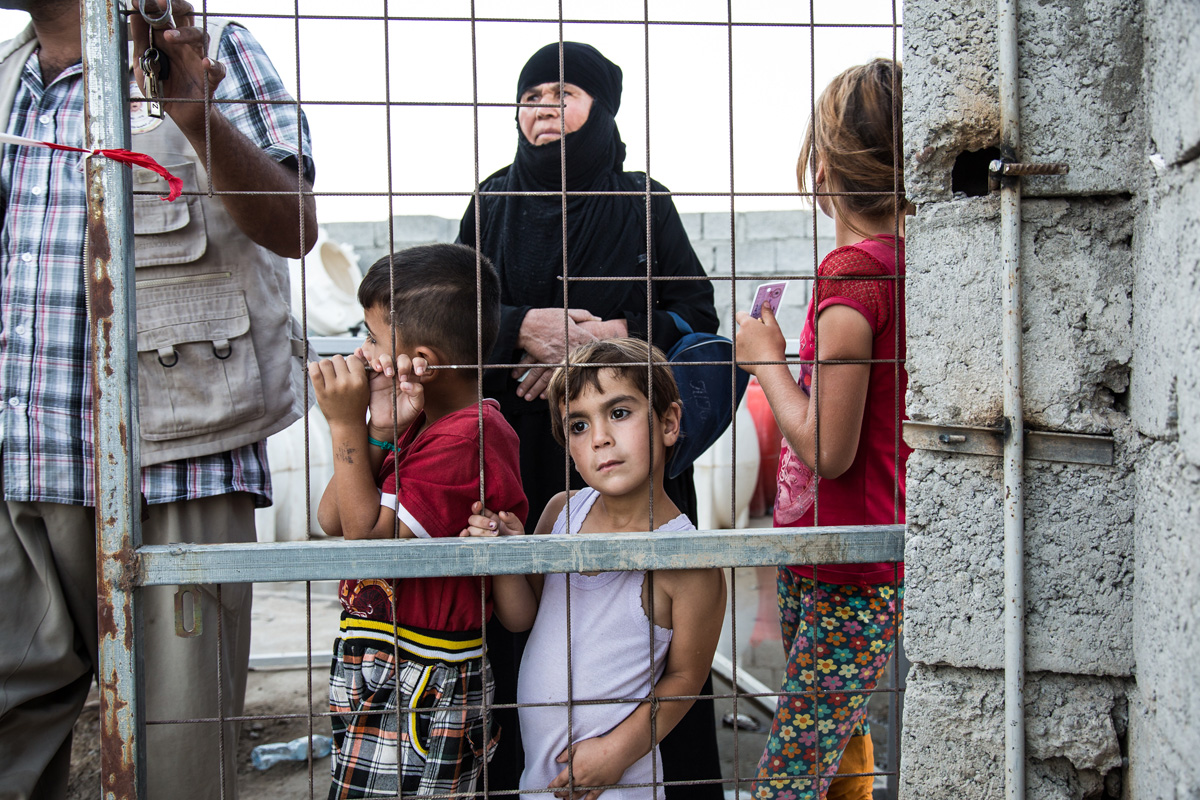Blog Home > prevention
-
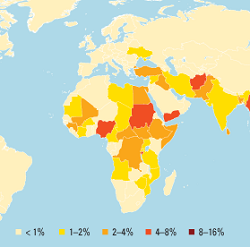
Early Warning Project Forecasts Countries at Highest Risk of Committing New Mass Killing
April 12, 2017
For the third year in a row, Sudan and Burma rank among the three countries at greatest risk of experiencing a new episode of state-led mass killing, according to the Early Warning Project’s annual rankings released today.
-
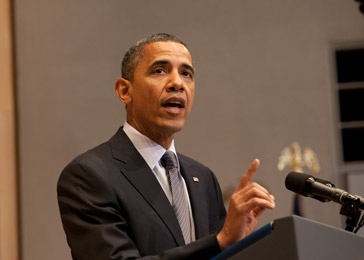
Assessing the US Government’s Efforts to Prevent Genocide and Mass Atrocity
September 15, 2014
In a new report, CPG Fellow James P. Finkel assesses the advances in atrocity prevention policy under the Obama administration and the challenges that persist.
-
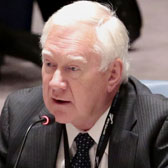
UN Security Council and US Senate Pass Resolutions on the Prevention of Genocide
April 21, 2014
Both resolutions commemorate the 20th anniversary of the Rwandan genocide and call on states to recommit themselves to the prevention of and fight against genocide and other serious atrocity crimes.
-
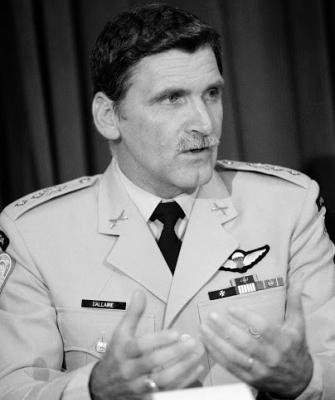
Museum Launches Initiative to Examine International Responses to Genocide
January 9, 2014
The Museum has released previously unpublished material about a pivotal moment in the lead-up to the 1994 Rwandan genocide as part of new project that examines the massive failure of the international community to stop one of the most horrifying and brutal episodes of mass violence that the world has seen since the Holocaust.
-
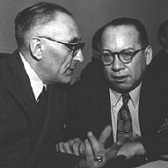
Sixty-Five Years Later: The UN Convention on the Prevention and Punishment of Genocide
December 9, 2013
Sixty-five years ago today, in the wake of the Holocaust, the UN General Assembly adopted its first-ever human rights treaty. The Convention on the Prevention and Punishment of Genocide obliges signatories to prevent genocide—defined as acts committed with the intent to destroy, in whole or in part, a national, ethnical, racial, or religious group—and to punish the perpetrators when it occurs.
-

Detecting Human Rights Violations with Satellites: CPG Fellow Proposes a New Approach
October 8, 2013
Satellite imagery is often used to verify reports of a mass human rights violation, such as the destruction of a village in a remote or inaccessible area, and current practice is generally reactive and costly. While serving as a Fellow of the Museum’s Center for the Prevention of Genocide, Dr. Andrew Marx tested a more proactive and cost-effective approach to using satellite imagery to detect mass human rights violations.
-
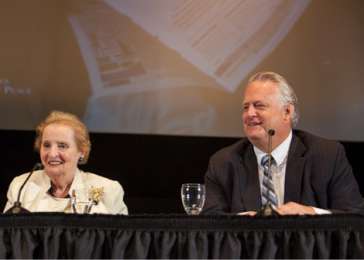
The Responsibility to Protect: From Words to Action
August 8, 2013
A new report authored by former Secretary of State Madeleine K. Albright and former Presidential Special Envoy to Sudan Richard S. Williamson examines how to realize the promise of the Responsibility to Protect and more effectively use this tool to prevent genocide and mass atrocities.
-

White House Delivers Update on Genocide and Mass Atrocity Prevention Efforts
May 2, 2013
As the fact sheet illustrates, preventing the world’s worst crimes requires a broad set of policies and actions.
-

UN Approves Arms Trade Treaty
April 2, 2013
In a landmark agreement, the United Nations General Assembly voted overwhelmingly in favor of the Arms Trade Treaty (ATT), which seeks to keep weapons out of the hands of would-be perpetrators of genocide, crimes against humanity, or other war crimes.
-

Is Genocide in Syria’s Future?
March 25, 2013
In June 2012, the United States Holocaust Memorial Museum expressed grave concern about the escalating violence in Syria and warned that the increasingly sectarian nature of that violence could, if unchecked, lead to genocide.

